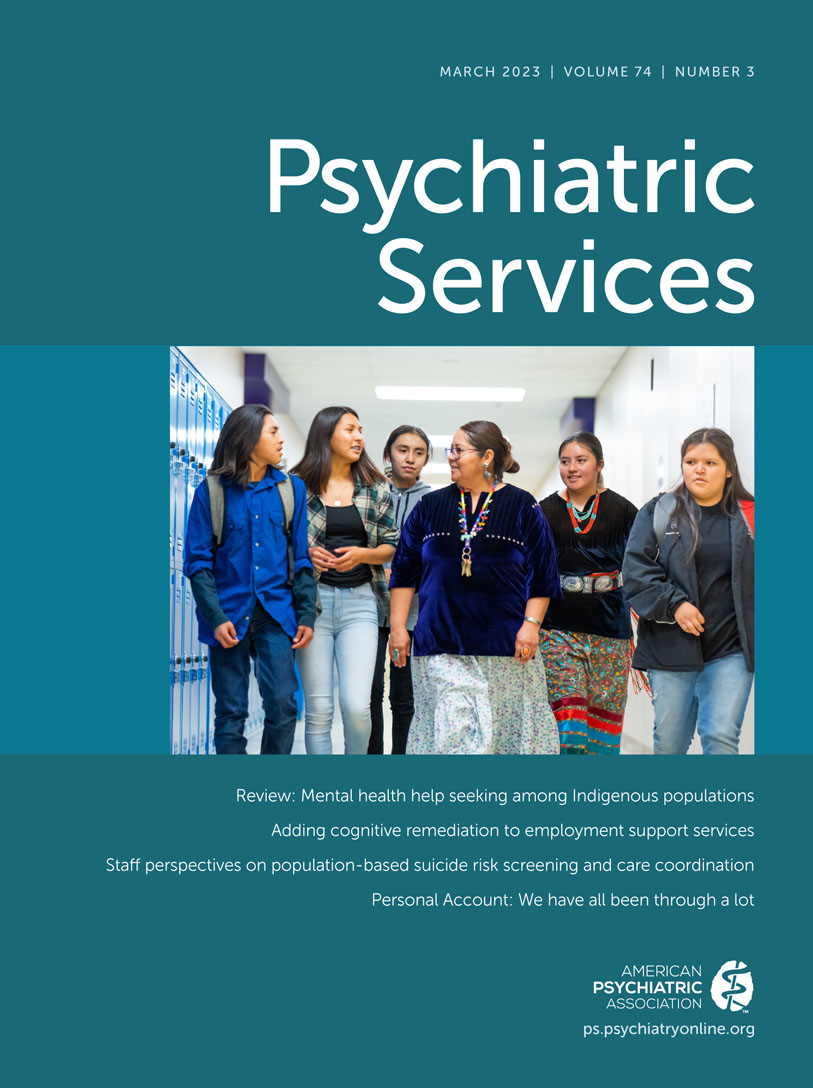Adding Cognitive Remediation to Employment Support Services: A Randomized Controlled Trial
Abstract
Objective:
Individual placement and support (IPS) is an evidence-based strategy that helps individuals with mental illness obtain and maintain competitive employment. Despite the approach’s overall success, almost half of IPS clients do not find work. Impairment in cognitive abilities may hamper employment and limit the benefits from rehabilitation services such as IPS. This randomized controlled trial aimed to assess the effects of adding cognitive remediation therapy (CRT) for IPS clients who had difficulties finding employment.
Methods:
At 14 mental health centers in Canada, 97 clients who had not found work after 3 months of receiving IPS services were recruited. Consenting clients were randomly assigned to either continue IPS alone or receive CRT added to IPS. The CRT used the Thinking Skills for Work protocol, a 12-week program that included computerized cognitive exercises along with coping strategies for managing cognitive challenges.
Results:
Participants completed on average 10 of 12 individual training sessions in coping strategies and 12 of 24 computerized training sessions. The addition of CRT to IPS resulted in significantly more participants working at the 3-month (odds ratio [OR]=2.83, 95% confidence interval [CI]=1.22–6.60) and 9-month follow-ups (OR=2.91, 95% CI=1.27–6.65). Participants who received CRT worked more hours and earned more in wages than those receiving IPS alone over the 9-month follow-up period. Both groups showed significantly improved cognitive outcomes at the 3-month follow-up, with no time × group interaction.
Conclusions:
Cognitive remediation, especially skills training in coping and compensatory strategies, improves employment outcomes among individuals who do not show an early benefit of using IPS services.



